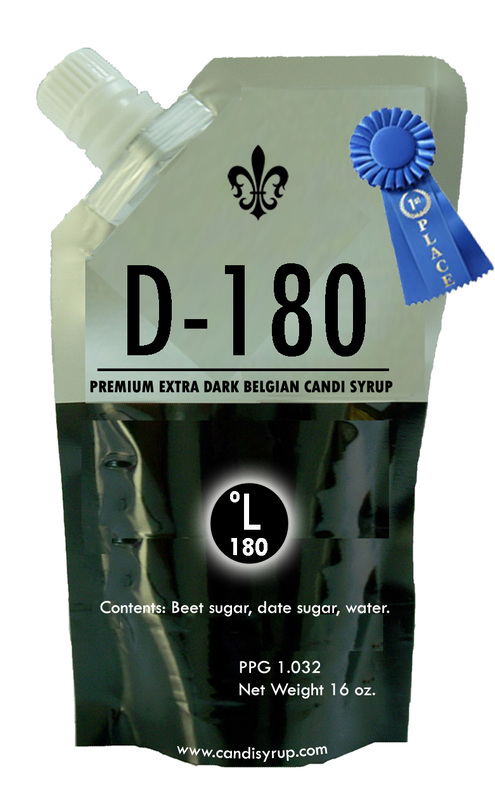Hello!
I am in the process of making a quad,and naturally I will need dark candi syrup. I want to make it myself and I am willing to dedicate time and energy to acheive it. I do have one big problem. It seems there is no accepted way of truly replicating this at home. I have seen recipes, but they either produce insufficient flavor or fermentability. So I have done some research on what the syrup actually ist, at least what is revealed, but I have ended up a bit confused.
As far as I have understood, the dark syrup(DS) is at least a byproduct from belgian sugar beet refinement. Going a bit deeper, I read that it is most likely the syrup remaining after the beet juice has undergone carbonatation and the juice has been boiled and as much pure sucrose had been crystallized out of the syrup as possible. The dark colour and taste of this product seems to be a result of mainly Malliard reactions between sugars and amino acids from the beet proteins created during boiling and cooling of the syrup,as well as aromatic and tasteful remnants/residuals of the beet. At the same time though, I have read several places that this syrup is in fact known as beet molasses. And I have also read that dark candi syrup and molasses definately does not taste the same. I do know there is significant difference between cane and beet molasses, but I have not tasted them myself.
So my questions are as follows:
1. Is beet molasses and dark candi syrup the same thing?
2. if not, what is the difference?
3. How can I most accurately make the syrup at home without compromising either taste or fermentability.
I am familiar with methods involving both DAP, different sugars, acids, bases and temperatures, but as far as I know none of these are comparable enough to the real deal. Rochefort 10 has been my holy grail for the past 3 years, and if I can come close to reproducing it on my own I would be infinately grateful! Thank you in advance for your help!
I am in the process of making a quad,and naturally I will need dark candi syrup. I want to make it myself and I am willing to dedicate time and energy to acheive it. I do have one big problem. It seems there is no accepted way of truly replicating this at home. I have seen recipes, but they either produce insufficient flavor or fermentability. So I have done some research on what the syrup actually ist, at least what is revealed, but I have ended up a bit confused.
As far as I have understood, the dark syrup(DS) is at least a byproduct from belgian sugar beet refinement. Going a bit deeper, I read that it is most likely the syrup remaining after the beet juice has undergone carbonatation and the juice has been boiled and as much pure sucrose had been crystallized out of the syrup as possible. The dark colour and taste of this product seems to be a result of mainly Malliard reactions between sugars and amino acids from the beet proteins created during boiling and cooling of the syrup,as well as aromatic and tasteful remnants/residuals of the beet. At the same time though, I have read several places that this syrup is in fact known as beet molasses. And I have also read that dark candi syrup and molasses definately does not taste the same. I do know there is significant difference between cane and beet molasses, but I have not tasted them myself.
So my questions are as follows:
1. Is beet molasses and dark candi syrup the same thing?
2. if not, what is the difference?
3. How can I most accurately make the syrup at home without compromising either taste or fermentability.
I am familiar with methods involving both DAP, different sugars, acids, bases and temperatures, but as far as I know none of these are comparable enough to the real deal. Rochefort 10 has been my holy grail for the past 3 years, and if I can come close to reproducing it on my own I would be infinately grateful! Thank you in advance for your help!



